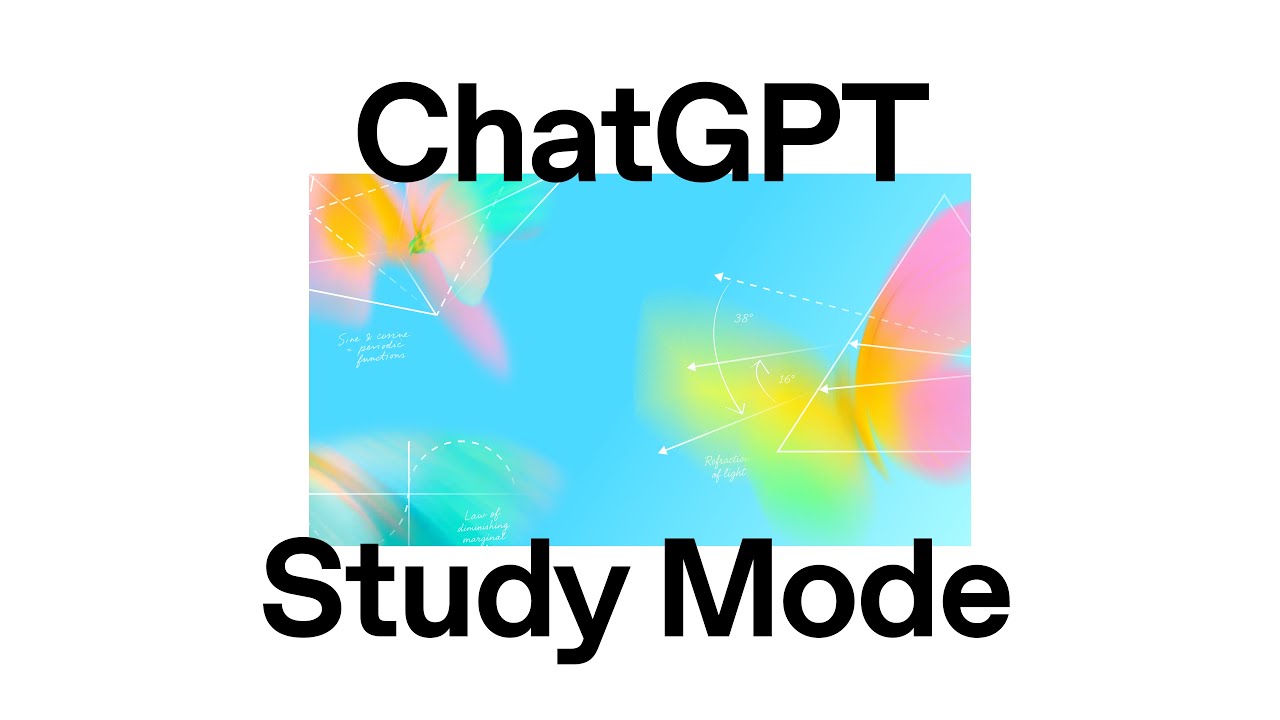OpenAI has launched a new Study Mode in ChatGPT to help users engage more deeply with learning. Rather than simply providing answers, the feature guides users through concepts and problem-solving step-by-step. It is designed to support critical thinking and improve long-term understanding.
The company developed the feature with educators, scientists, and pedagogy experts. They aimed to ensure the AI supports active learning and doesn’t just deliver quick fixes. The result is a mode that encourages curiosity, reflection, and metacognitive development.
According to OpenAI, Study Mode allows users to approach subjects more critically and thoroughly. It breaks down complex ideas, asks questions, and helps manage cognitive load during study. Instead of spoon-feeding, the AI acts more like a tutor than a search engine.
The shift reflects a broader trend in educational technology — away from passive learning tools. Many students turn to AI for homework help, but educators have warned of over-reliance. Study Mode attempts to strike a balance by promoting engagement over shortcuts.
For instance, rather than giving the complete solution to a maths problem, Study Mode might ask: ‘What formula might apply here?’ or ‘How could you simplify this expression first?’ This approach nudges students to participate in the process and build fundamental problem-solving skills.
It also adapts to different learning needs. In science, it might walk through hypotheses and reasoning. It may help analyse a passage or structure an essay in the humanities. Prompting users to think aloud mirrors effective tutoring strategies.
OpenAI says feedback from teachers helped shape the feature’s tone and pacing. One key aim was to avoid overwhelming learners with too much information at once. Instead, Study Mode introduces concepts incrementally, supporting better retention and understanding.
The company also consulted cognitive scientists to align with best practices in memory and comprehension. However, this includes encouraging users to reflect on their learning and why specific steps matter. Such strategies are known to improve both academic performance and self-directed learning.
While the feature is part of ChatGPT, it can be toggled on or off. Users can activate Study Mode when tackling a tricky topic or exploring new material. They can then switch to normal responses for broader queries or summarised answers.
Educators have expressed cautious optimism about the update. Some see it as a tool supporting homework, revision, or assessment preparation. However, they also warn that no AI can replace direct teaching or personalised guidance.
Tools like this could be valuable in under-resourced settings or for independent learners.
Study Mode’s interactive style may help level the playing field for students without regular academic support. It also gives parents and tutors a new way to guide learners without doing the work for them.
Earlier efforts included teacher guides and classroom use cases. However, Study Mode marks a more direct push to reshape how students use AI in learning.
It positions ChatGPT not as a cheat sheet, but as a co-pilot for intellectual growth.
Looking ahead, OpenAI says it plans to iterate based on user feedback and teacher insights. Future updates may include subject-specific prompts, progress tracking, or integrations with educational platforms. The goal is to build a tool that adapts to learning styles without compromising depth or rigour.
As AI continues to reshape education, tools like Study Mode may help answer a central question: Can technology support genuine understanding, instead of just faster answers? With Study Mode, OpenAI believes the answer is yes, if used wisely.
Would you like to learn more about AI, tech, and digital diplomacy? If so, ask our Diplo chatbot!









